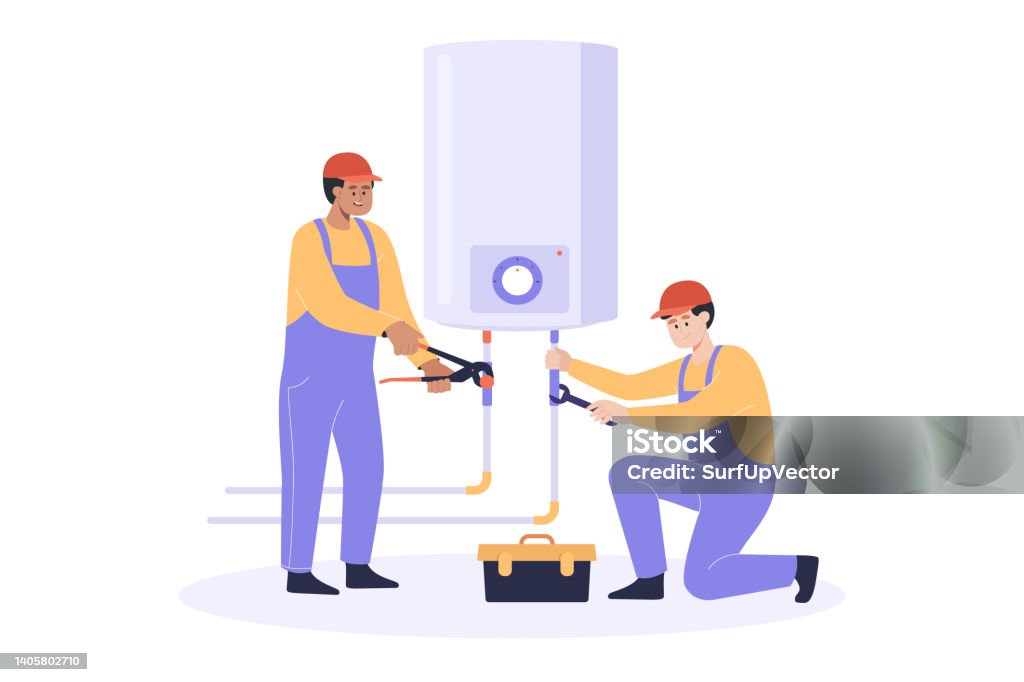Boiler Repair
Your boiler is the heart of your home’s heating system, and when it stops working properly, it can lead to cold rooms, inconsistent water temperatures, and rising energy bills. Whether it’s leaks, strange noises, or pressure problems, getting your boiler repaired quickly can save you from costly breakdowns and unnecessary replacements.
About this Service
Boiler repair restores efficiency by fixing leaks, pressure issues, and faulty components, preventing breakdowns and high energy costs. A professional plumber inspects, clears blockages, and replaces worn parts to ensure reliable heating.

Don't wait for a small plumbing issue to become a big problem.Contact Us Today at (973) 823-0346
How We Fix Your Boiler
Initial Inspection & Diagnosis – We start by inspecting your boiler’s external condition, checking for leaks, rust, and unusual noises. The pressure gauge is tested to ensure proper function, and we examine the pilot light or ignition system for any issues.
Checking for Leaks and Corrosion – Any leaks or rust buildup can impact efficiency. If found, we seal or replace damaged pipes, valves, or heat exchangers to prevent further issues.
Testing Boiler Pressure and Water Flow – If the pressure is too low, we repressurize the system or fix any leaks causing water loss. If it’s too high, we adjust the pressure relief valve or drain excess water.
Inspecting and Repairing Internal Components:
- Thermostat Issues – If your thermostat isn’t responding properly, we recalibrate or replace it to ensure accurate temperature control.
- Heat Exchanger Problems – If water isn’t heating properly, the heat exchanger may be clogged with debris or limescale, requiring cleaning or replacement.
- Pump and Valve Inspection – The circulation pump and diverter valve ensure hot water is distributed properly. If faulty, we repair or replace them to restore flow.
Flushing and Cleaning the System – If your boiler has sludge, limescale, or debris buildup, we perform a power flush to remove blockages and improve heating efficiency.
Final Testing and Safety Checks – Once repairs are complete, we turn the boiler back on, monitor its performance, and check safety features like carbon monoxide detectors and ventilation systems.
Providing Maintenance Advice – We help you keep your boiler in top shape by providing maintenance tips, such as regular servicing, checking pressure levels, and bleeding radiators.
Why Boiler Problems Happen
Wear and Tear – Over time, essential components like the heat exchanger, pumps, and seals degrade, leading to performance issues.
Poor Maintenance – Lack of regular servicing allows small issues to turn into major failures, leading to costly repairs.
Limescale Buildup (Hard Water Issues) – Hard water leaves calcium and magnesium deposits inside the boiler, restricting water flow and causing “kettling” (boiling noises).
Frozen Condensate Pipes (Winter Issues) – When outdoor pipes freeze, the boiler shuts down automatically, preventing proper function.
Faulty Pressure Valves – If pressure is too low, it could be due to a leak, faulty seals, or radiator issues. If too high, the pressure relief valve may be failing.
Blockages in Pipes and Radiators – Sludge and rust buildup can block pipes, reducing heat distribution and causing cold spots in radiators.
Thermostat and Sensor Malfunctions – If the thermostat is miscalibrated or the temperature sensors fail, your boiler may shut off unexpectedly or fail to heat water correctly.
Gas Supply or Ignition Issues – If your boiler fails to ignite, it may have a gas supply problem, a faulty ignition electrode, or a blocked flue.
Corrosion and Internal Leaks – Rust can weaken components, leading to leaks, inefficiencies, and electrical failures.
